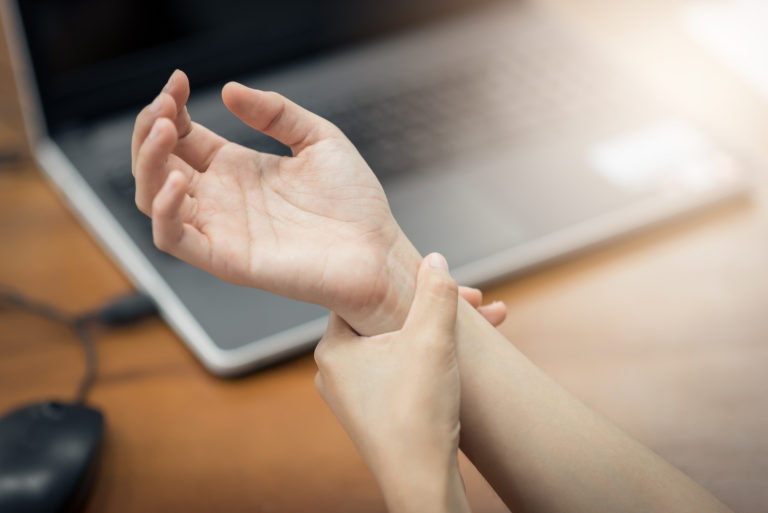Snowmageddon in Seattle was just a precursor to what is happening today with Covid, this could potentially be our new normal.
We have been getting faster and faster with our living. Dial-up to gig speed internet, vinyl to digital music, 5 ¼ floppy disc to terabyte computer storage, Pony Express to Amazon same day shipping, bigger houses, faster cars, The Human Race ever expanding. We are accustomed to having what we want, barely lifting a finger.
We have been warned over and over to have supplies stocked for up to two months. My parents grew up in California, having an emergency kit was a must have, something my mom always made sure we had even as an adult. Why people don’t heed this advice isn’t a mystery, most of the US population has had everything we’ve needed at a touch of a button. We have become complacent.
What can we do during this stressful and demanding time?
We are a Nation that prides itself on figuring things out. You can figure things out, you are resourceful. You may feel stuck but let’s help get past that. The acronym for FEAR is: False Evidence Appearing Real, we more commonly know this as anxiety and anxiety can create that stuck feeling.
Stop for a minute…Why do you feel anxiety, fear, insecurity, stress?
We have the power to choose how we think and react. One of the first things I was taught when learning on-field first aid; when you feel like you should run, that is the exact time you should be walking. When you have the urge to buy 10 cases of TP, unless you are buying for a small army…buy one. How much do you really need…here happens to be a handy calculator for how long your toilet paper will last https://howmuchtoiletpaper.com/ and shows how ridiculous hoarding of TP is. It has been shown that panic buying causes panic buying. Slowing the panic can start with you.
Other tips to help:
· Slow down-when have we had this opportunity in our lifetime? Try taking a day-time power nap!
· Maintain a schedule-whether you are working from home, furloughed or continue going into work. Our bodies work on rhythms and energy, it craves normalcy. Also, set timers to take breaks when we are working. I recommend setting a timer for 20 minutes, you don’t have to stop what you are doing but do what I call microbreaks-use this as a trigger in your brain to sit upright, pull your shoulders and chin back. (You just sat up straighter huh 😊) This will give all those muscles in your shoulders and upper back a break.
· Laugh-there are no negative side effects to laughter! Pups and babies laughing, what could be better?! https://www.youtube.com/watch?v=8yMM84j-ei4
· Drink more water-we are made up of mostly water, most of us don’t drink enough water through the day. Try having an eight-ounce glass when you first wake up to start your day. I bet you’ll feel better and more clear-headed, even without hitting your favorite source of caffeine.
If you are experiencing symptoms of COVID-19, check out our page about COVID here.
We can help determine if you need to be tested, call our office at 206-525-8015.
The following are listed as the most common symptoms according to WHO as of March 27, 2020.
Do not come to our office if you are experiencing these symptoms. Please call, even if we do not answer. Leave a message and we will return your call ASAP. Coming to the office will delay our ability to assist you and exposes others to COVID-19
· Fever, tiredness, and dry cough.
· Some patients may have aches and pains, nasal congestion, runny nose, sore throat or diarrhea. These symptoms are usually mild and begin gradually.
· Some people become infected but don’t develop any symptoms and don’t feel unwell.
· Most people (about 80%) recover from the disease without needing special treatment.
· Around 1 out of every 6 people who gets COVID-19 becomes seriously ill and develops difficulty breathing.
· Older people, and those with underlying medical problems like high blood pressure, heart problems or diabetes, are more likely to develop serious illness.
· People with fever, cough and difficulty breathing should seek medical attention.
